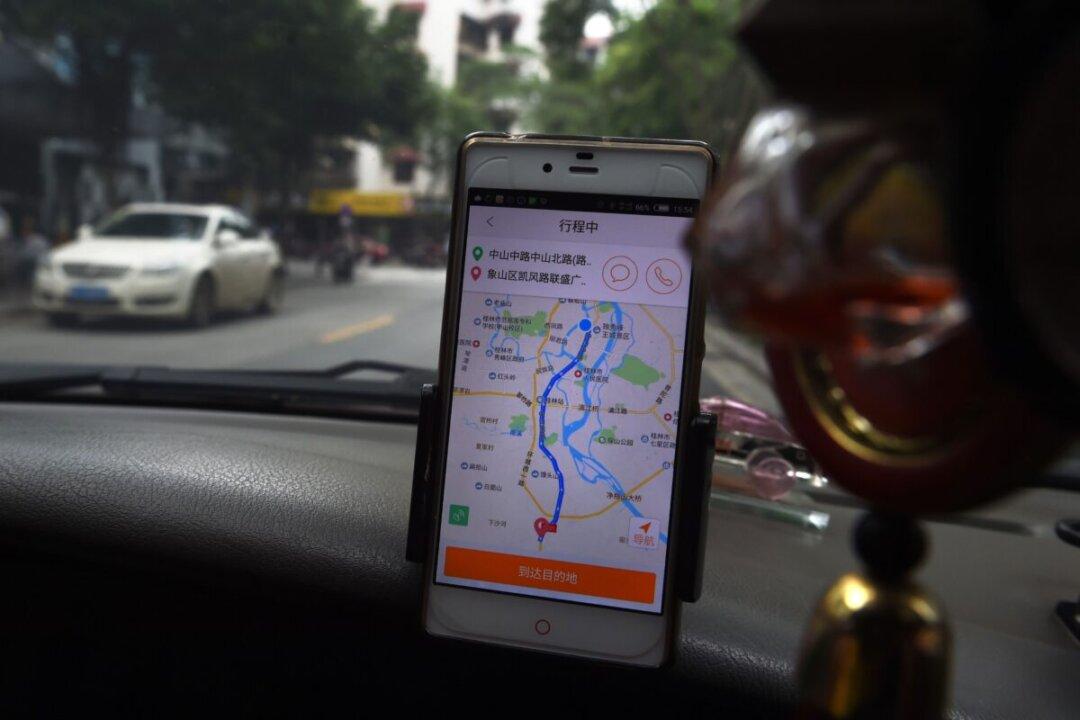News Analysis
China’s online ride-hailing giant Didi Chuxing (Didi) announced on Dec. 2 it was delisting from the New York Stock Exchange and moving to Hong Kong, after being placed under four months official investigation. Didi’s withdrawal is linked to China’s secrecy toward data, as well as new stringent U.S. regulations involving Chinese companies on the stock market.




